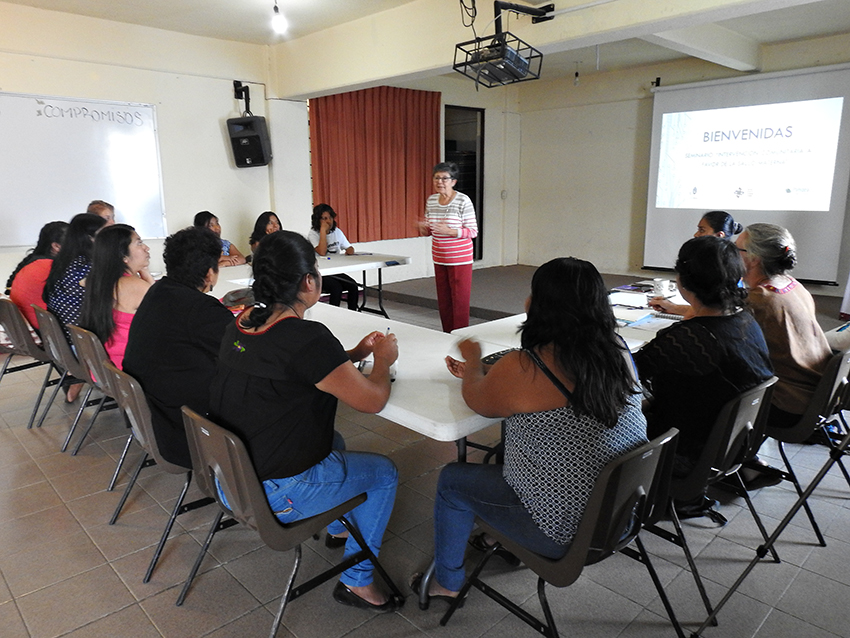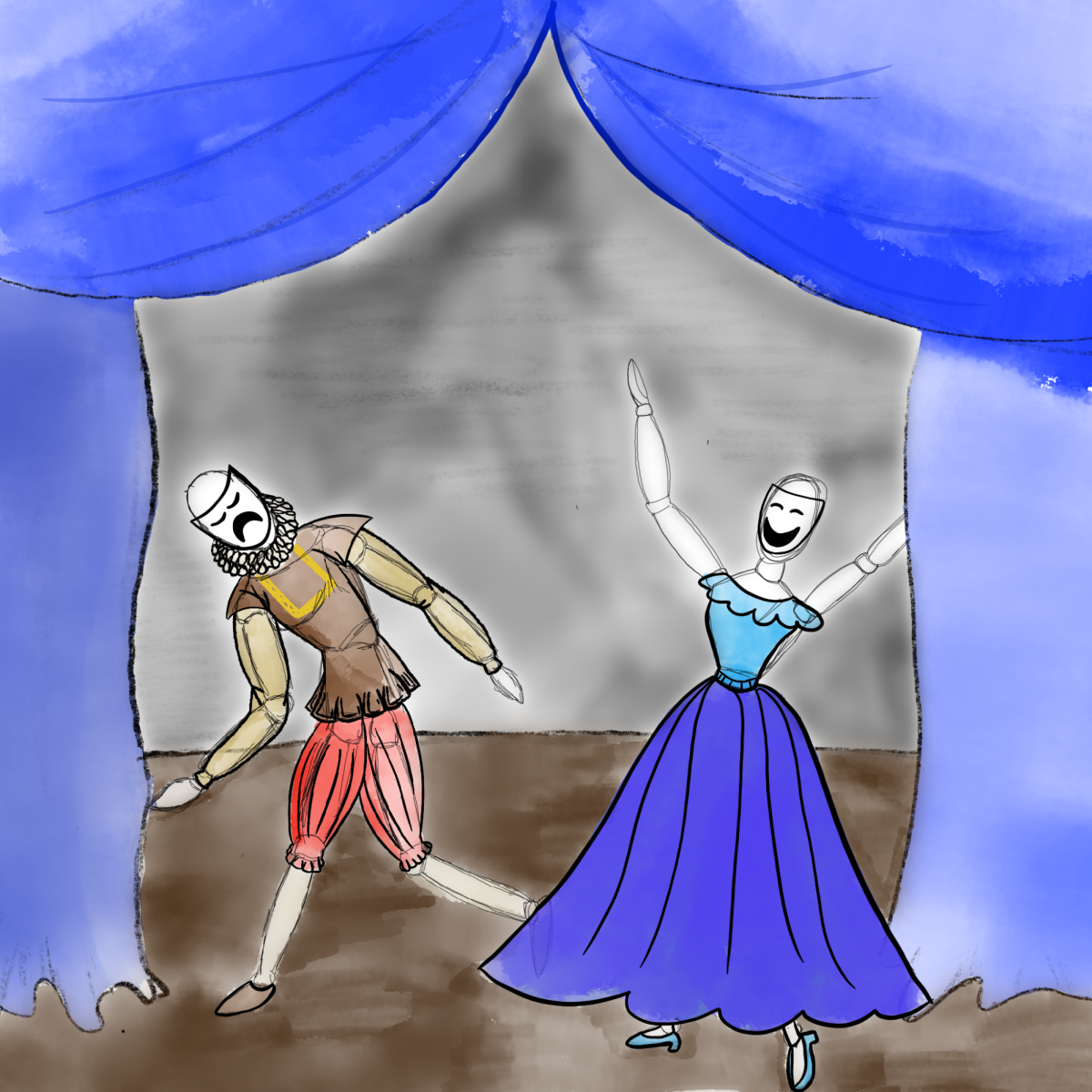In rural Oaxaca, Mexico, pregnancy has become a health risk as maternal mortality rates soar due to a lack of access to information and resources. Now, 11 women have joined forces to make a difference for their communities.
Grupo de estudios sobre la mujer Rosario Castellanos (GESMujer), a women’s studies center in Oaxaca, has partnered with Melissa Smith, a UT social work professor, and UT graduate students from the Global Health in Oaxaca study abroad seminar. Dubbed the Community Intervention for Maternal Health, they will look into the region’s maternal health and teen pregnancy issues.
“We believe this project contributes to the improvement of health services to make healthcare more accessible to women,” said GESMujer instructional director Maricela Zurita Cruz. “That might not happen tomorrow, but it is a long-term process and we want to put in our grain of help.”
GESMujer president Ximena Avellaneda Diaz said they have chosen 11 women who graduated from a leadership seminar also taught by GESMujer to take part in the project, partly financed by UT’s School of Social Work, the Center for Women’s and Gender Studies, Teresa Lozano Long Institute of Latin American Studies and African and African Diaspora Studies Department. Each will represent their communities by attending the seminars to learn about maternal health and research techniques and apply their newfound knowledge to research and create a plan to improve their communities’ maternal health rights.
“We decided to do a pilot program to address the improvement of maternal health, from teen pregnancy to health for older or currently pregnant women so they can get to know their rights to quality, friendly maternal health care,” Avellaneda Diaz said. “Sometimes people don’t realize this is a right they have.”
Meanwhile, Daniela Bermea, a social work graduate student, said the role of UT students is to document the research conducted by the women and synthesize the information collected by the community representatives so that it may used to fight for maternal health rights in the future.
Monique Vasquez, public health and social work graduate student, said she hopes their documentation will do justice to the research conducted by the women.
“My role as a student is to capture some of the amazing things they are doing and reflect that in a way that is helpful,” Vasquez said. “We will be taking notes of everything and looking at what has been said over the meetings and trying to draw out the most powerful stories.”
Concepción Beltran Velasquez, a participant representing the community of San Pedro y San Pablo Teposcolula, said she feels that though she is familiar with her community. This project has motivated her to do in-depth research of the issues they face.
For Florentina Ruiz of Santa Cruz Zenzontepec, also a participant, this has helped her realize problems in her community, many of which she might have previously been less aware.
“It has really helped me identify problems in my community that I might not have given as much importance to before,” Ruiz said. “Right now we are not only learning what the current issues are, but starting to identify possible solutions.”
Ruiz said she hopes participating in this seminar will help not only bring a focus to maternal health but also give it the importance the topic deserves.
“A dream I have is to maybe have a (medical) unit to help women specifically and get men more involved in maternal health,” Ruiz said.
Bermea said she chose to participate in the documentation of this project because maternal health is such a fundamental element to society.
“If we have healthy moms, we have healthy families, which are an essential structure of society,” Bermea said. “With healthy families, we have healthy communities.”















